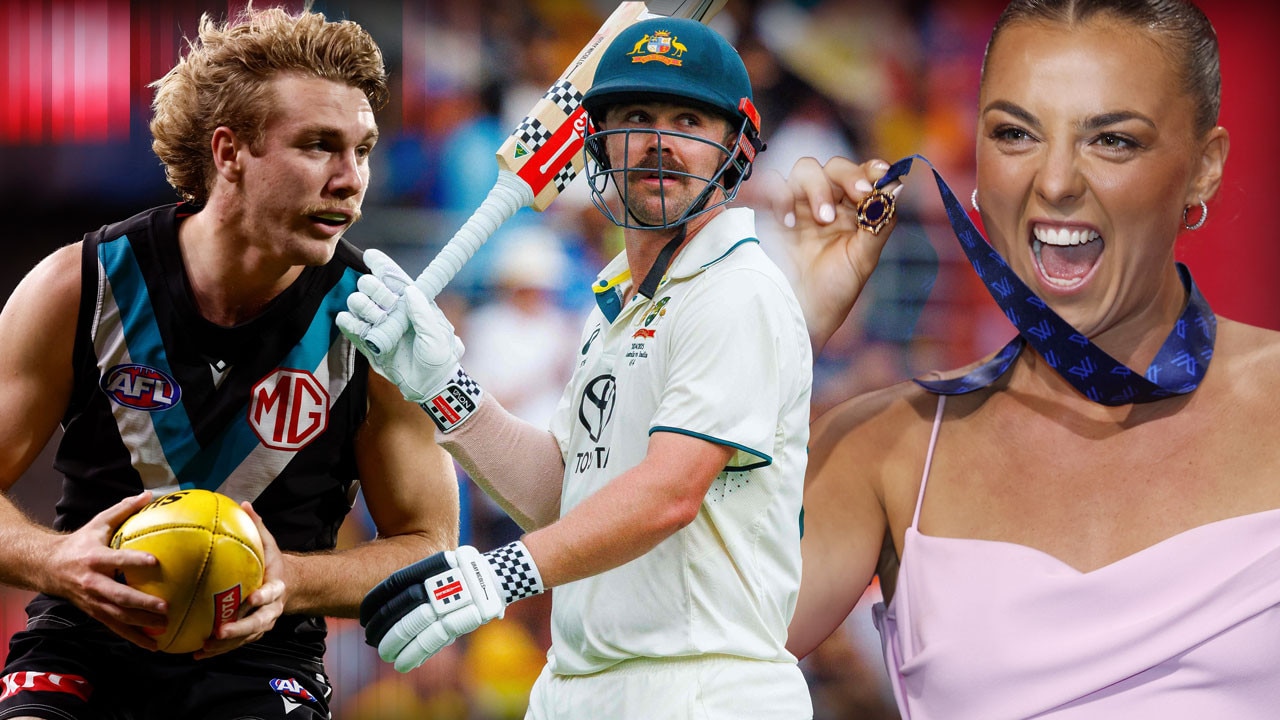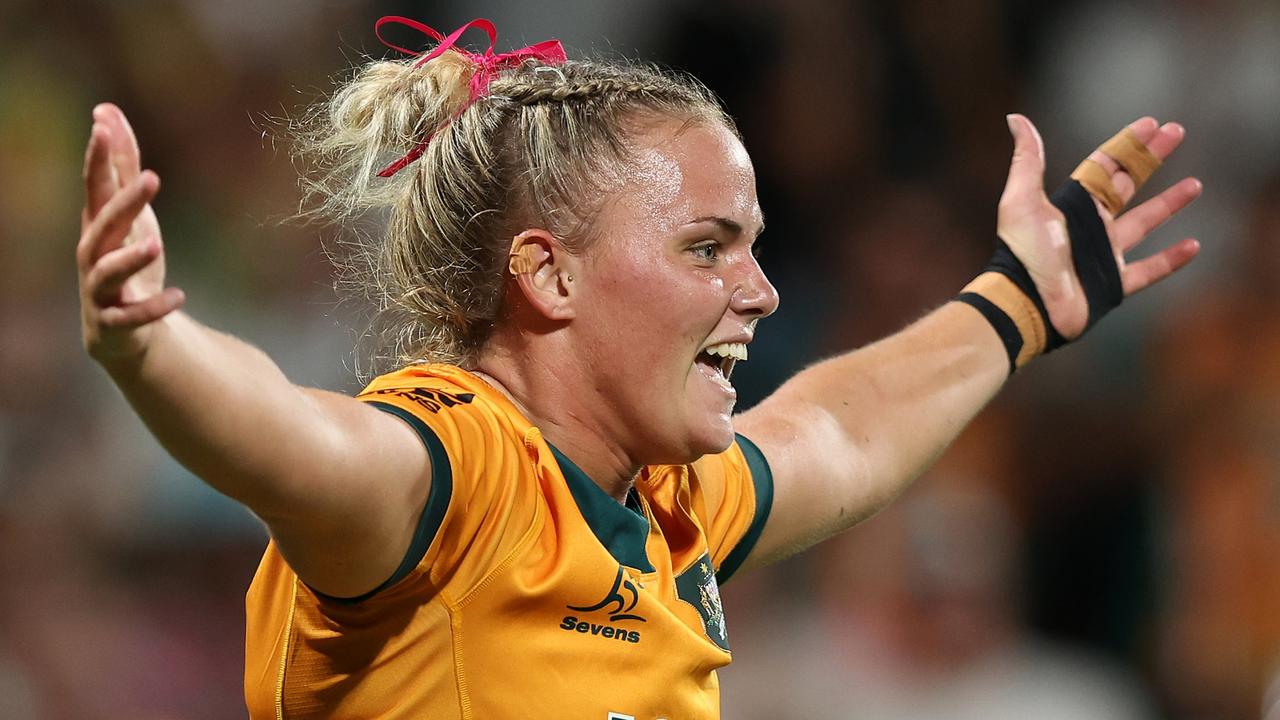PFA pressuring FIFA over Women’s World Cup pay imbalance
Australia’s players’ union is exploring legal avenues in a bid to compel FIFA to close the “breathtaking” US$370 million World Cup gender prize money pay chasm.
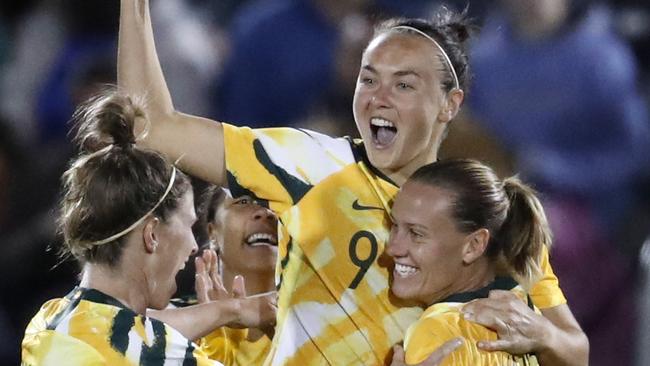
Women's sport
Don't miss out on the headlines from Women's sport. Followed categories will be added to My News.
Australia’s players’ union is exploring legal avenues in a bid to compel FIFA to close the “breathtaking” US$370 million World Cup gender prize money pay chasm.
FIFA has doubled the total prize money up for grabs at the 2019 Women’s World Cup in France, raising it to US$30 million from US$15 million in 2015.
However that figure still pales in comparison to the US$400 million prize pot on offer at the 2018 men’s World Cup, a 12 per cent rise on 2014.
And where Didier Deschamps’ France side received US$38 million for lifting the trophy, the winners of June’s Women’s World Cup will take home US$4 million, or 10 per cent of their male counterparts.
In all, FIFA’s total contributions to fund the 2018 men’s World Cup came in at a whopping US$791 million, up 40 per cent on 2014 and taking in team preparation costs and compensation for clubs.
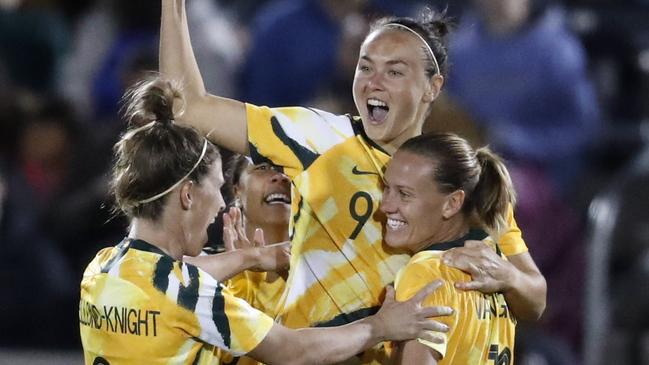
The world governing body’s total outlay for the 2019 Women’s World Cup is US$50 million, with the additional US$20 million split between those same areas.
According to Professional Footballers Australia the Socceroos received US$2.4 million for merely reaching the group stage in Russia, while the Matildas get US$225,000 for achieving the same outcome in France.
The sharp disparity has drawn criticism from global players’ union FIFPro, as well as a string of national governing bodies and individual players.
When the changes were announced last October, FIFPro signalled they “actually signify an increase in the gap”, a “regressive trend” that contravened FIFA’s own statutory commitment to gender equality.
PFA chief executive John Didulica labelled the imbalance “breathtaking”.
“That is an imbalance of proportions that only FIFA could come up with with a straight face,” Didulica said.
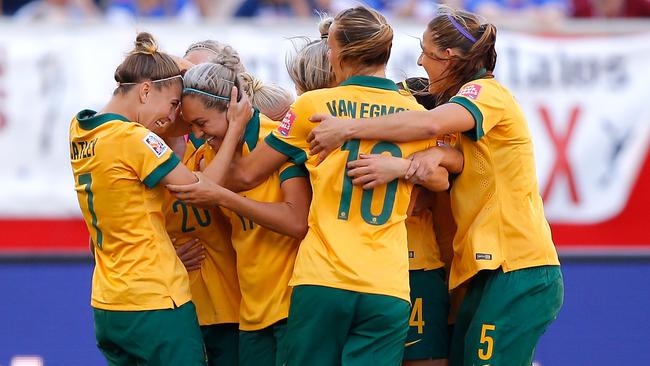
“So we need to explore what options are available to ensure that FIFA acts in line with its own statutes. Its own statutes are very clear around not discrimination on the basis of gender.
“That’s something we’ll certainly be pursuing between now and the World Cup.”
Didulica said the PFA and other players’ unions were still working through the moving legal parts of action.
“This won’t be purely a PR campaign,” he said.
“I think that’s an important part of it - building awareness of the inequality and then seeking activism behind the pursuit of equality.
“But certainly there’s a fundamental legal point here, and that’s one we’re intending to test.
“The World Players Association is behind us in that regard and we’re working with them on what that might look like.
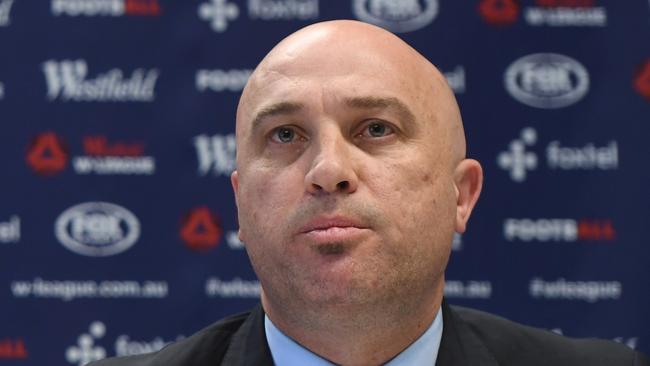
“We’re on the record with FIFA probably almost 12 months ago flagging the inequality in place.
“This is a matter that’s been on the record with them for a long period of time, not something that’s just been dumped on them as the tournament emerges.”
It comes a day after England manager Phil Neville said his Lionesses must earn the right to be paid as much as their male counterparts by raising their standards on the pitch.
“They’ve put the prize money up a lot,” Neville told UK press.
“We’re being supported unbelievably by the FA and FIFA in the summer in terms of our budgets and I think in the next four or five years we will get real equality, but I still think we’ve got to earn it.”

